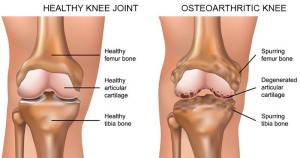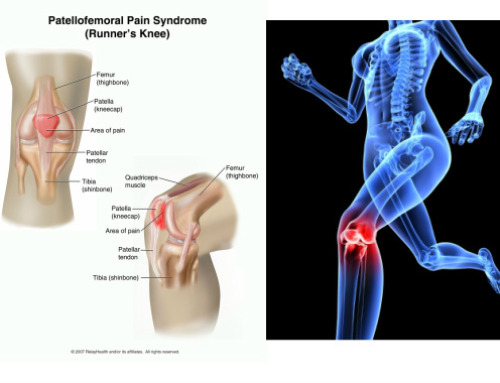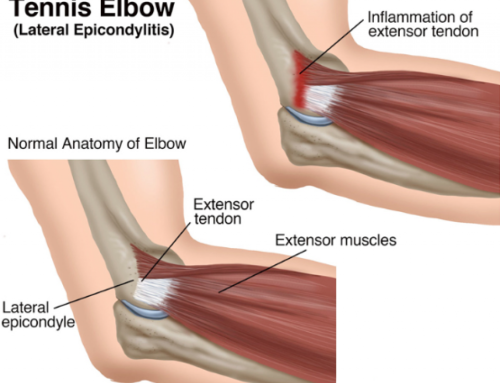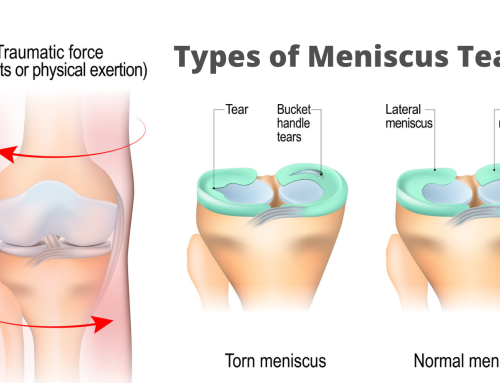KNEE ARTHRITIS PHYIO
Living with knee osteoarthritis (OA) can be a challenging experience, as it often brings discomfort, limited mobility, and reduced quality of life. However, there is hope for individuals seeking effective and non-invasive treatments to manage this condition.
Physiotherapy is a promising solution, providing hands-on care and tailored exercises to alleviate pain, improve mobility, and enhance overall well-being.
In this article, we will delve into knee osteoarthritis, its causes, symptoms, and the role of physiotherapy in managing and treating this condition.
Understanding Knee Osteoarthritis:
Knee osteoarthritis is a degenerative joint condition that affects the knee joints. It occurs when the cartilage, the protective lining between joints, starts to thin, leading to pain, inflammation, and stiffness. The condition often develops gradually over time, and its prevalence tends to increase with age. Obesity, previous knee injuries, genetic factors, and overuse can also contribute to the development of knee OA.
Symptoms and Challenges:
One of the most common symptoms of knee OA is joint pain, which worsens during weight-bearing activities such as walking, climbing stairs, or standing for extended periods.
Individuals may also experience swelling, stiffness, and a reduced range of motion in the affected knee joint. These symptoms can significantly impact daily activities, such as work, hobbies, and even simple tasks like getting up from a chair.
Physiotherapy: A Comprehensive Approach to Knee Osteoarthritis
Physiotherapy offers a holistic and personalised approach to managing knee osteoarthritis. Rather than solely focusing on symptomatic relief, physiotherapists aim to identify and address the underlying causes of the condition, promoting long-term improvements in pain management and function. Here’s how physiotherapy can make a difference:
Pain Management: Physiotherapists employ a range of techniques, including hands-on therapy and exercise, to alleviate pain and reduce inflammation.
Exercise Prescription: Physiotherapists design customised exercise programs tailored to the individual’s needs, considering factors like their specific symptoms, fitness level, and lifestyle. Strengthening exercises, stretching routines, and low-impact activities have great research backing to help improve joint stability, flexibility, and overall muscle strength.
Weight Management: Excess body weight places additional stress on the knee joints, exacerbating the symptoms of knee osteoarthritis. Physiotherapists provide guidance on healthy lifestyle modifications to help patients achieve and maintain a healthy weight, thereby reducing the strain on their knees.
Biomechanical/postural assessment and correction: A thorough assessment of the individual’s movement patterns, posture, and alignment is crucial in identifying any contributing factors to knee OA. Physiotherapy can then address these issues through corrective exercises and postural education to help treat the condition and prevent injury progression.
Post-surgical Rehabilitation: For individuals who do require knee replacement surgery, physiotherapy plays a crucial role in the recovery process. Physiotherapists help patients regain strength, restore joint mobility, and enhance functionality through tailored rehabilitation programs after the operation.
Conclusion:
While knee osteoarthritis may seem like an insurmountable challenge, physiotherapy offers a viable and effective solution for managing this condition. Through a combination of pain management techniques, targeted exercise programs, and lifestyle modifications, physiotherapists empower individuals to regain control over their lives, enhance mobility, and improve their overall well-being.
If you’re experiencing knee pain or have been diagnosed with knee osteoarthritis, chat to one of Advanz Health’s skilled physiotherapists or exercise physiologists who can provide personalised care and help you on the path to recovery.
Remember, taking proactive steps today can lead to a brighter, pain-free future tomorrow!





